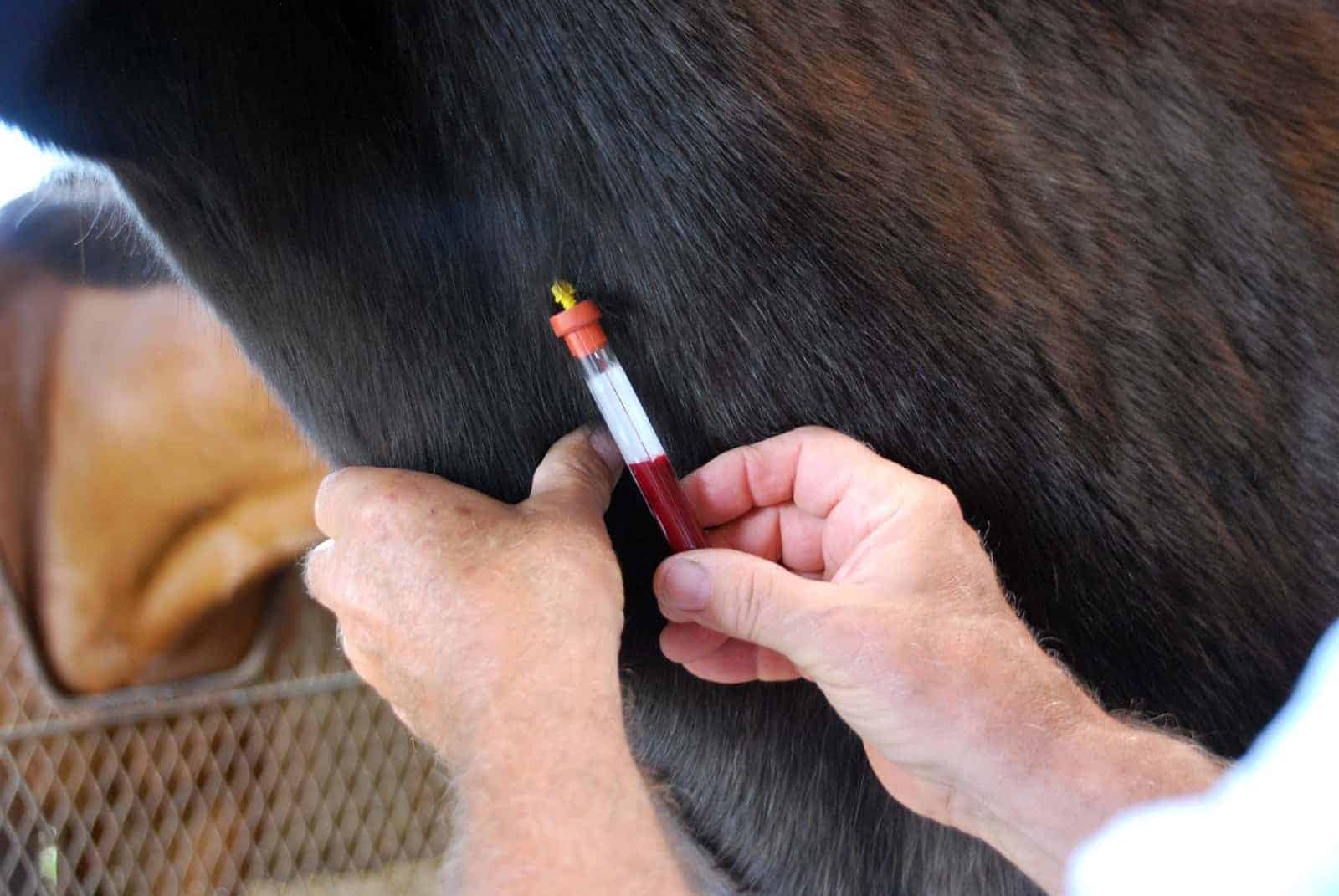Canadian Horse Confirmed With EIA

CFIA is investigating the case and has enacted movement controls on the affected horse and all on-premises animals that came into contact with it. Quarantine will remain in effect until disease response protocols, including follow-up testing and ordering the destruction of confirmed cases, are complete. Trace-out activities may require CFIA to take action at other premises as well.
About EIA
Equine infectious anemia is a viral disease that attacks horses’ immune systems. The virus is transmitted through the exchange of body fluids from an infected to an uninfected animal, often by blood-feeding insects such as horseflies. It can also be transmitted through the use of blood-contaminated instruments or needles.
A Coggins test screens horses’ blood for antibodies that are indicative of the presence of the EIA virus. Most U.S. states require horses to have proof of a negative Coggins test to travel across state lines.
Once an animal is infected with EIA, it is infected for life and can be a reservoir for the spread of disease. Not all horses show signs of disease, but those that do can exhibit:
- Progressive condition loss;
- Muscle weakness;
- Poor stamina;
- Fever;
- Depression; and
- Anemia.
EIA has no vaccine and no cure. A horse diagnosed with the disease dies, is euthanized, or must be placed under extremely strict quarantine conditions (at least 200 yards away from unaffected equids) for the rest of his life.
Written by:
Edited Press Release
Related Articles
Stay on top of the most recent Horse Health news with















